ADDITIONAL REGULATION FREE SPECIAL ZONES
입력 2019.11.13 (15:00)
수정 2019.11.13 (16:45)
읽어주기 기능은 크롬기반의
브라우저에서만 사용하실 수 있습니다.
[Anchor Lead]
The Korean government has designated seven more regulation-free special zones in addition to the existing seven, to pave for the way for the development of innovative technologies. The newly designated zones include Jeju Special Self-governing Province, which is developing charging services for electric vehicles, and Ulsan's Hydrogen Green Mobility zone.
[Pkg]
A minibus runs on a motorway in Sejong City. It freely changes lanes and direction. The driver keeps his hands in his lap instead of holding the steering wheel. It's a self-driving vehicle. It was developed by a corporation and university based in the city of Sejong, which has been designated as a regulation-free special zone on autonomous cars. The designation has paved the way for obtaining a passenger transportation license and collecting data on self-driving vehicles needed for testing autonomous cars. It's the second designation of regulation-free special zones following the first one back in July. Seven more zones have been selected this time. Most of them are dedicated to the development of futuristic vehicles. One of the newly designated zones is Hydrogen Green Mobility of Ulsan, the developer of hydrogen fuel electric technologies. Other zones include Jeollabuk-do Province, which is developing eco-friendly cars; Jeju Special Self-governing Province, where charging services for electric vehicles are under development... Gyeongsangnam-do Province, which is developing unmanned ships; Gwangju, the developer of unmanned low-speed special-purpose vehicles Daejeon, the center of biomedical technologies; and Jeollanam-do Province, which is working on new industries in the energy sector.
[Soundbite] LEE NAK-YON(PRIME MINISTER) : "Once the regulation-free special zones take root, they will attract businesses in regulation-free sectors and boost regional industries."
Businesses and universities that develop innovative technologies in the seven zones will receive funding and tax benefits. The government hopes that the economic impact of the latest designation will reach 1.9 trillion won and create some two thousand jobs.
The Korean government has designated seven more regulation-free special zones in addition to the existing seven, to pave for the way for the development of innovative technologies. The newly designated zones include Jeju Special Self-governing Province, which is developing charging services for electric vehicles, and Ulsan's Hydrogen Green Mobility zone.
[Pkg]
A minibus runs on a motorway in Sejong City. It freely changes lanes and direction. The driver keeps his hands in his lap instead of holding the steering wheel. It's a self-driving vehicle. It was developed by a corporation and university based in the city of Sejong, which has been designated as a regulation-free special zone on autonomous cars. The designation has paved the way for obtaining a passenger transportation license and collecting data on self-driving vehicles needed for testing autonomous cars. It's the second designation of regulation-free special zones following the first one back in July. Seven more zones have been selected this time. Most of them are dedicated to the development of futuristic vehicles. One of the newly designated zones is Hydrogen Green Mobility of Ulsan, the developer of hydrogen fuel electric technologies. Other zones include Jeollabuk-do Province, which is developing eco-friendly cars; Jeju Special Self-governing Province, where charging services for electric vehicles are under development... Gyeongsangnam-do Province, which is developing unmanned ships; Gwangju, the developer of unmanned low-speed special-purpose vehicles Daejeon, the center of biomedical technologies; and Jeollanam-do Province, which is working on new industries in the energy sector.
[Soundbite] LEE NAK-YON(PRIME MINISTER) : "Once the regulation-free special zones take root, they will attract businesses in regulation-free sectors and boost regional industries."
Businesses and universities that develop innovative technologies in the seven zones will receive funding and tax benefits. The government hopes that the economic impact of the latest designation will reach 1.9 trillion won and create some two thousand jobs.
■ 제보하기
▷ 카카오톡 : 'KBS제보' 검색, 채널 추가
▷ 전화 : 02-781-1234, 4444
▷ 이메일 : kbs1234@kbs.co.kr
▷ 유튜브, 네이버, 카카오에서도 KBS뉴스를 구독해주세요!
- ADDITIONAL REGULATION FREE SPECIAL ZONES
-
- 입력 2019-11-13 15:02:00
- 수정2019-11-13 16:45:24
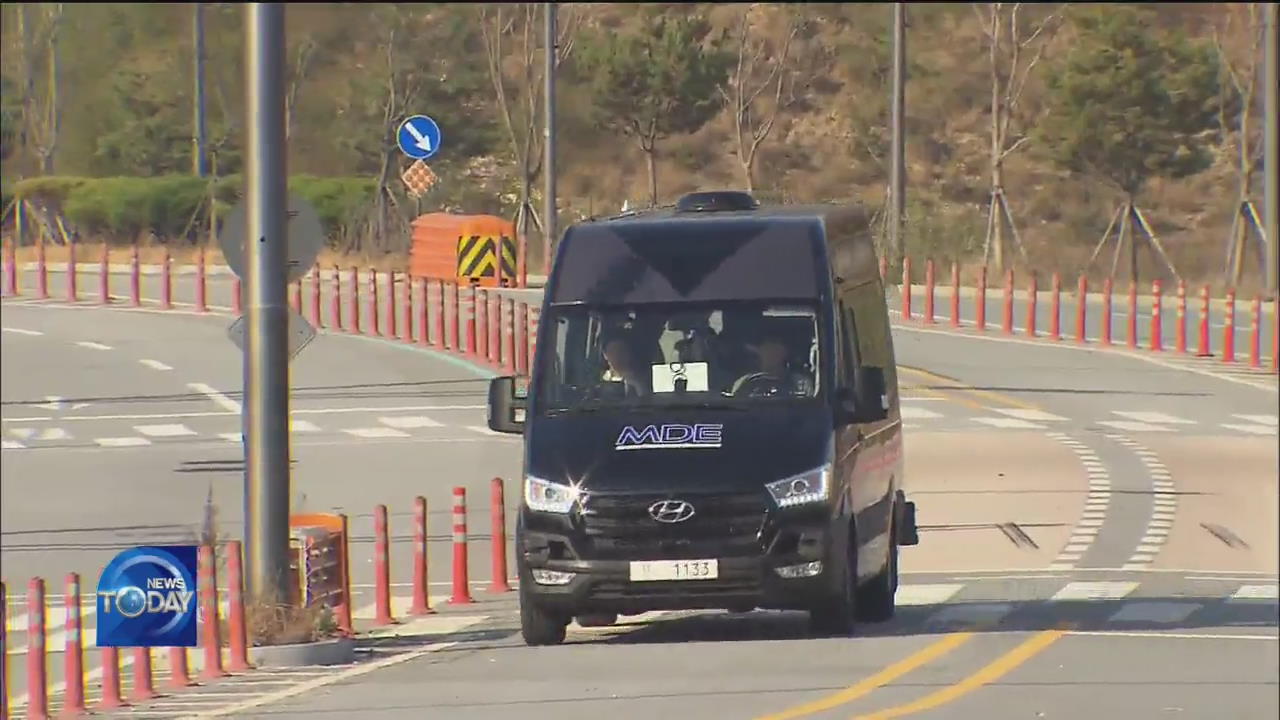
[Anchor Lead]
The Korean government has designated seven more regulation-free special zones in addition to the existing seven, to pave for the way for the development of innovative technologies. The newly designated zones include Jeju Special Self-governing Province, which is developing charging services for electric vehicles, and Ulsan's Hydrogen Green Mobility zone.
[Pkg]
A minibus runs on a motorway in Sejong City. It freely changes lanes and direction. The driver keeps his hands in his lap instead of holding the steering wheel. It's a self-driving vehicle. It was developed by a corporation and university based in the city of Sejong, which has been designated as a regulation-free special zone on autonomous cars. The designation has paved the way for obtaining a passenger transportation license and collecting data on self-driving vehicles needed for testing autonomous cars. It's the second designation of regulation-free special zones following the first one back in July. Seven more zones have been selected this time. Most of them are dedicated to the development of futuristic vehicles. One of the newly designated zones is Hydrogen Green Mobility of Ulsan, the developer of hydrogen fuel electric technologies. Other zones include Jeollabuk-do Province, which is developing eco-friendly cars; Jeju Special Self-governing Province, where charging services for electric vehicles are under development... Gyeongsangnam-do Province, which is developing unmanned ships; Gwangju, the developer of unmanned low-speed special-purpose vehicles Daejeon, the center of biomedical technologies; and Jeollanam-do Province, which is working on new industries in the energy sector.
[Soundbite] LEE NAK-YON(PRIME MINISTER) : "Once the regulation-free special zones take root, they will attract businesses in regulation-free sectors and boost regional industries."
Businesses and universities that develop innovative technologies in the seven zones will receive funding and tax benefits. The government hopes that the economic impact of the latest designation will reach 1.9 trillion won and create some two thousand jobs.
The Korean government has designated seven more regulation-free special zones in addition to the existing seven, to pave for the way for the development of innovative technologies. The newly designated zones include Jeju Special Self-governing Province, which is developing charging services for electric vehicles, and Ulsan's Hydrogen Green Mobility zone.
[Pkg]
A minibus runs on a motorway in Sejong City. It freely changes lanes and direction. The driver keeps his hands in his lap instead of holding the steering wheel. It's a self-driving vehicle. It was developed by a corporation and university based in the city of Sejong, which has been designated as a regulation-free special zone on autonomous cars. The designation has paved the way for obtaining a passenger transportation license and collecting data on self-driving vehicles needed for testing autonomous cars. It's the second designation of regulation-free special zones following the first one back in July. Seven more zones have been selected this time. Most of them are dedicated to the development of futuristic vehicles. One of the newly designated zones is Hydrogen Green Mobility of Ulsan, the developer of hydrogen fuel electric technologies. Other zones include Jeollabuk-do Province, which is developing eco-friendly cars; Jeju Special Self-governing Province, where charging services for electric vehicles are under development... Gyeongsangnam-do Province, which is developing unmanned ships; Gwangju, the developer of unmanned low-speed special-purpose vehicles Daejeon, the center of biomedical technologies; and Jeollanam-do Province, which is working on new industries in the energy sector.
[Soundbite] LEE NAK-YON(PRIME MINISTER) : "Once the regulation-free special zones take root, they will attract businesses in regulation-free sectors and boost regional industries."
Businesses and universities that develop innovative technologies in the seven zones will receive funding and tax benefits. The government hopes that the economic impact of the latest designation will reach 1.9 trillion won and create some two thousand jobs.
이 기사가 좋으셨다면
-
좋아요
0
-
응원해요
0
-
후속 원해요
0










![[HEADLINE]](https://news.kbs.co.kr/data/news/2019/11/13/4322794_10.jpg)
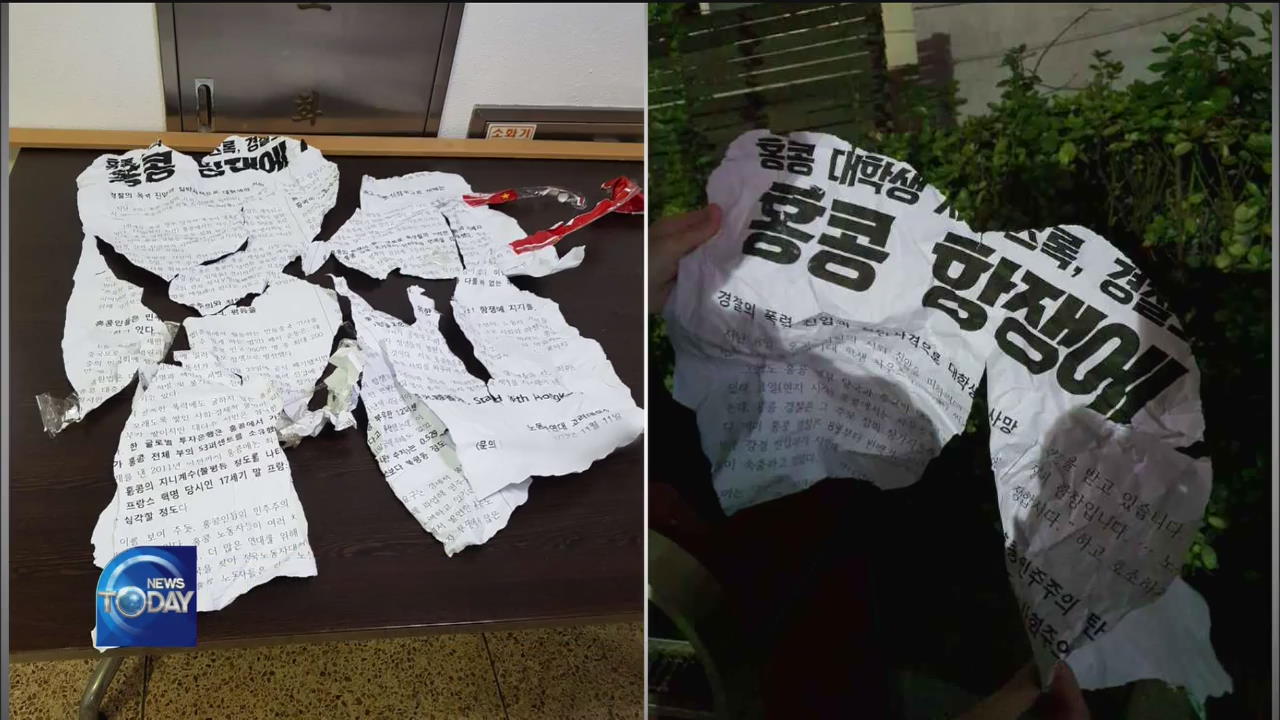
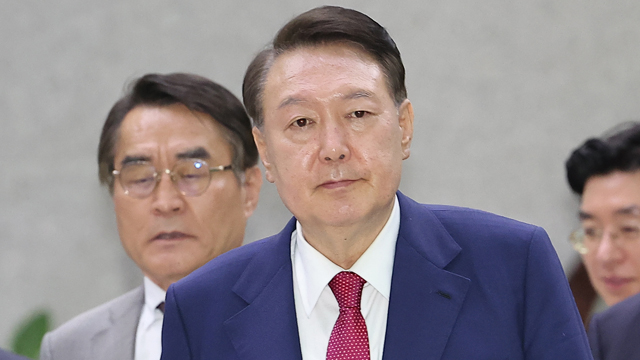
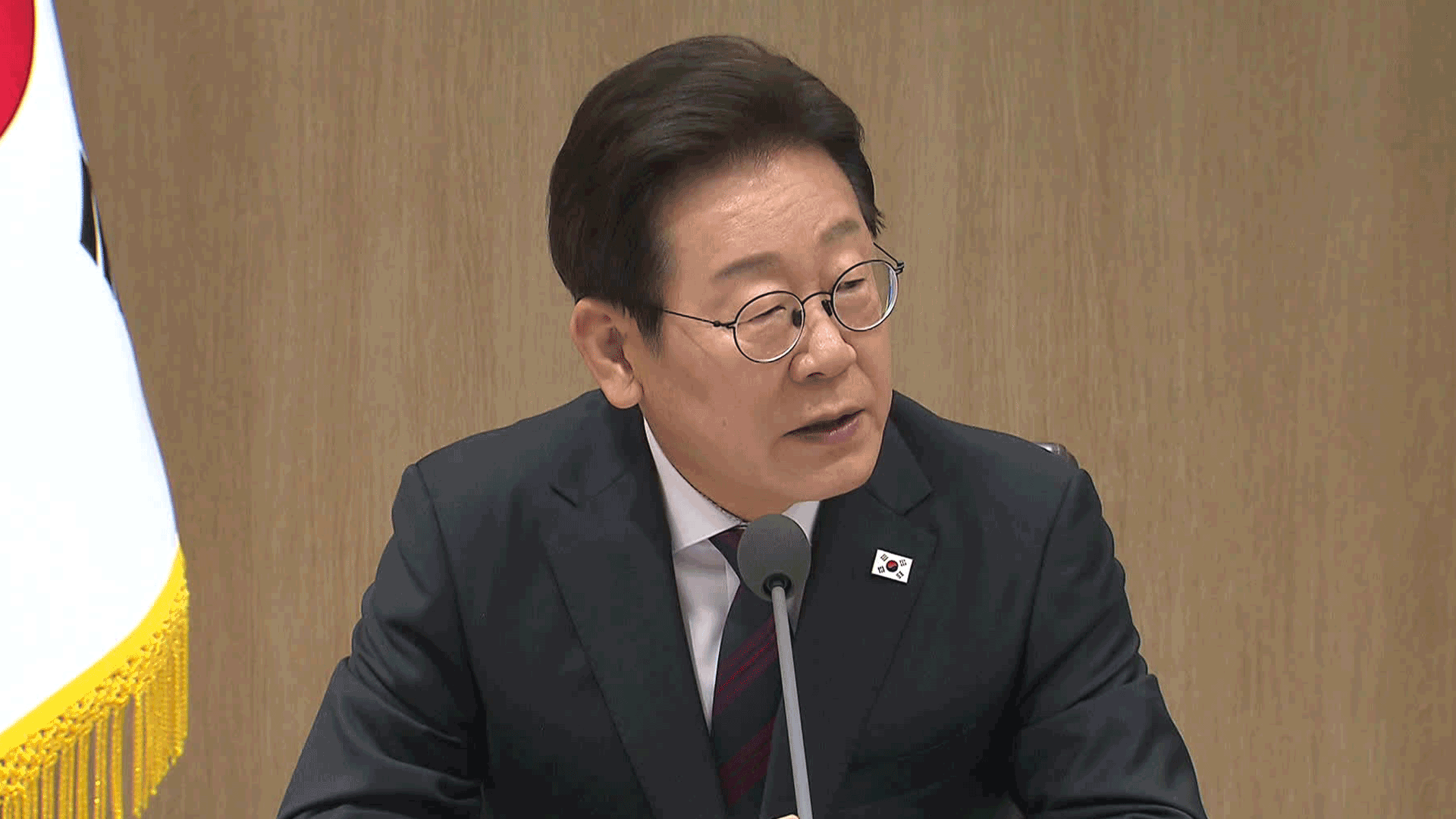
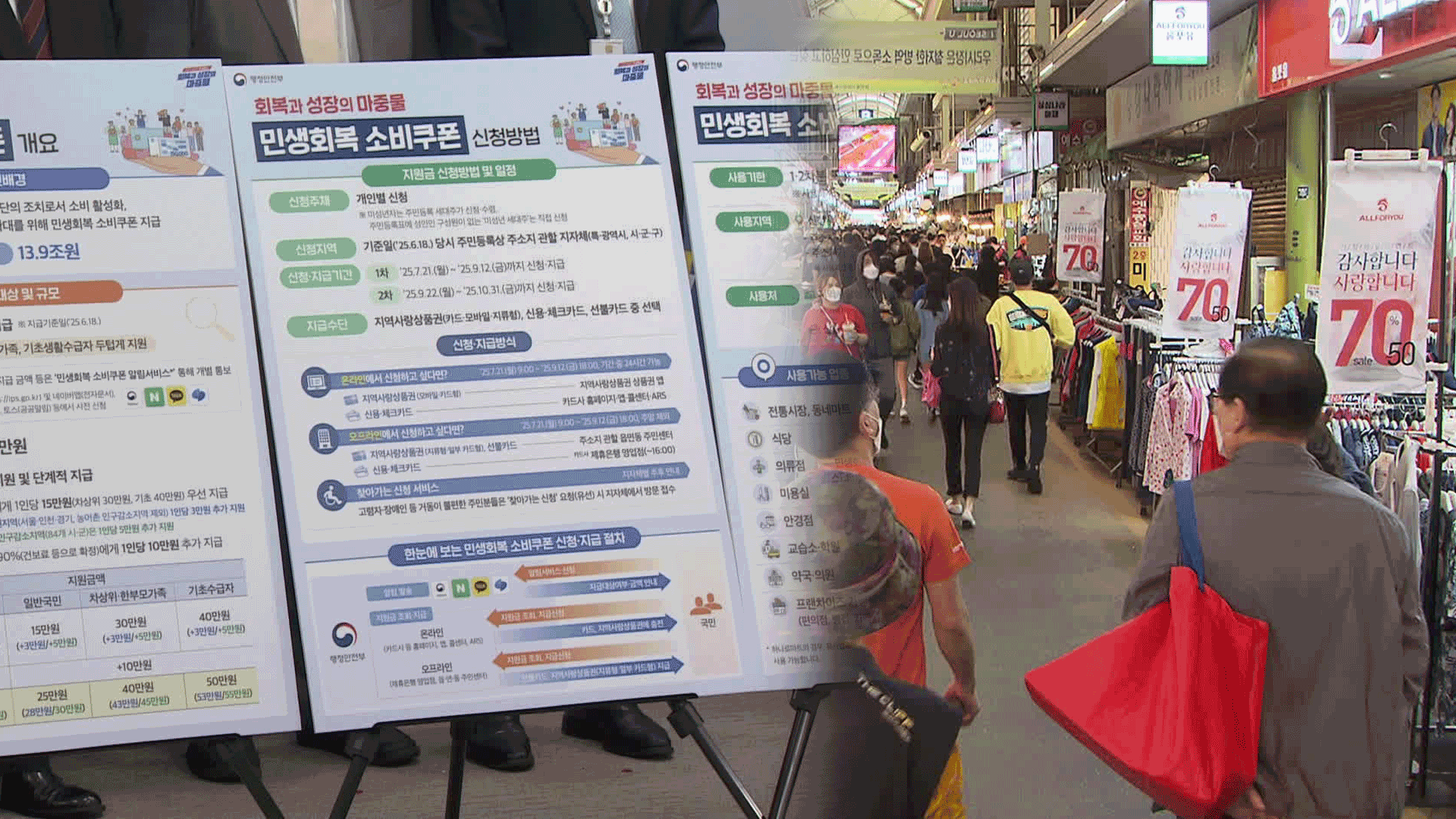
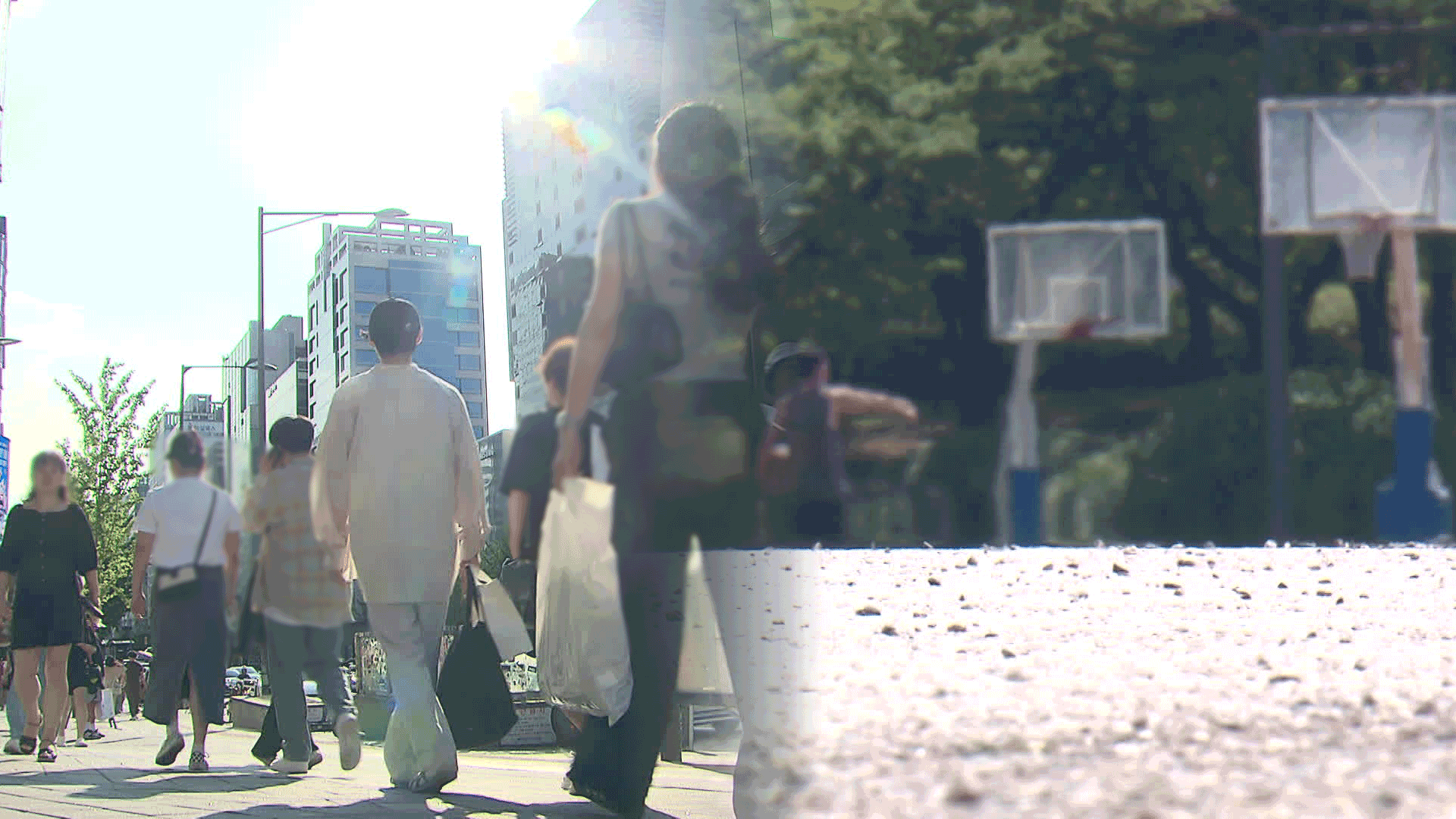

이 기사에 대한 의견을 남겨주세요.